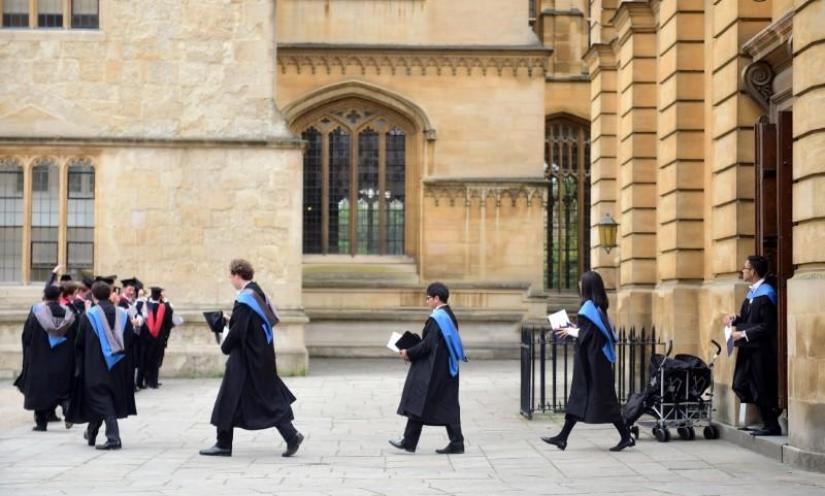 The number of Bangladeshi students applying to study at UK universities registered a massive 32 per cent rise as part of a wider hike in applications from international students from the outside the European Union (EU), new figures released in London on Thursday revealed.
The number of Bangladeshi students applying to study at UK universities registered a massive 32 per cent rise as part of a wider hike in applications from international students from the outside the European Union (EU), new figures released in London on Thursday revealed.
The Universities and Colleges Admissions Service (UCAS), the UK’s centralised university application system, revealed that 240 students from Bangladesh applied to take up courses at universities across Britain from September this year. This compares favourably to 190 applications last year and 170 in 2017 and 2016. While the figures do not reflect the actual number of Bangladeshi students who will be successful in their applications to be able to join these courses, they reflect increasing aspiration levels to acquire a degree from a good UK university.
Overall, a total of 561,420 students applied for a UK university course this year, almost 2,500 more than at the equivalent point last year, marking the first increase in three years. UCAS data shows that this hike is largely down to a record number of applicants from outside the EU – standing at 63,690, an increase of 9 per cent. The number of applicants from the EU increased by 1 per cent, to 43,890.
“In this time of uncertainty, it’s welcome news to see more EU and international students wanting to come and study in the UK,” said UCAS’ Chief Executive Clare Marchant.
China maintained its lead as the largest source country of non-EU student applicants, with 15,880 applications, up from 11,920 in 2018, and was followed by Hong Kong at 5,100 applications. India with 4,690 applications and the US with 4,050 and Singapore with 3,060 complete the top five non-EU countries list of student applications.
The figures are based on analysis of undergraduate applications received at UCAS by the January 15 deadline. The deadline guarantees students their application will be considered by their chosen universities and colleges.
Universities UK, the representative body for leading UK universities which has been campaigning for a new graduate visa to make the country a more attractive higher education destination, welcomed the hike in numbers as well as some of the UK government’s recent post-Brexit proposals to make it easier for students from outside the UK to remain in the country and look for work after they graduate.
Under the proposed changes, undergraduate and Masters students will be able to stay in the UK to look for work for six months after graduating. They will also have three months before graduating during which they can find work and change from a study visa to a work visa.
PhD students will be able to stay in the UK for a year to find work after graduating. They will also have three months before graduating during which they can find work and change from a study visa to a work visa.
International graduates will be given two years after graduating during which they can apply to switch their UK study visa to UK work visa from outside the UK.


